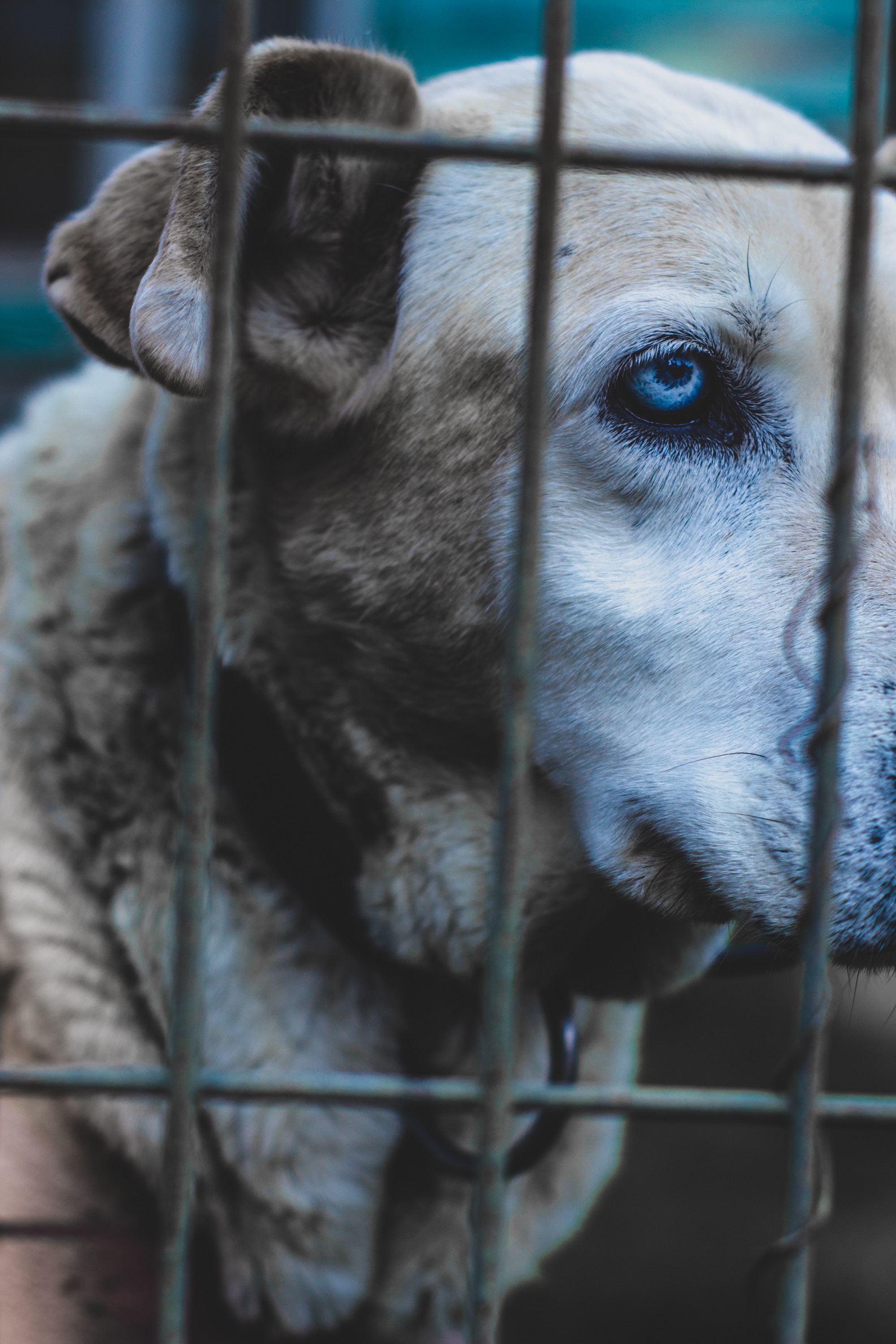Where does your dog sleep? Your dog’s sleeping environment should be top in the list of your concerns. The sleeping place determines the overall health and performance of your pet.
Over time, the dog has stuck by man through thick and thin. A dog is definitely, a man’s best friend. Every domesticated animal needs proper care in order to serve its purpose accordingly. Common dog behaviors rely heavily on the master’s treatment.
A normal human being needs a quiet resting place that can provide the much-needed peace. An adult male needs at least seven hours of uninterrupted sleep to provide the body and mind with sufficient rest. Similarly, a normal dog should have at least 10 hours of sleep for proper functioning.
Basically, a dog needs proper food, water, exercise, a place to defecate and a proper place to sleep. A dog’s health matters a lot in a pet owner’s life because dogs can get moody and unpredictable. A dog experiencing various types of stress will exhibit certain symptoms.
Want to know if your dog is stressed? Check out for these signs.
- Tucking the tail between the legs
- Shedding hair
- Yawning
- Grumpiness
- Restlessness as seen through pacing up and down
- Reduced appetite for food
- Excessive sleeping or insomnia
- The dog taking shelter often and avoiding company
- Excessive panting
- Excessive sweating
- Destructive behavior
- Elongated periods of whining
- Extreme drooling
How to relieve your dog’s stress
Man’s best friend has seen numerous lifestyle changes. From living in a dark kennel to living in the master bedroom. From eating scraps of food to eating expensive dog meal purchased from animal feeds stores. It is evident that the dog has a vital place in the life of a human being. And just like a human being, a dog’s life has ups and downs. The downs of a dog life bring about high-stress levels.
Help relieve your dog’s stress levels by doing the following:
- Regular feeds that are well-balanced
- Provide adequate drinking water
- Regular checkups at the veterinarian
- Neutering and spraying as a form of birth control
- Proper grooming
- Sufficient exercises

- Communication with your pet
- Training
- Reduce the number of hours that your canine friend spends in a kennel
- Reward your dog with a comfortable place to retire at the end of the day.
- Transport your dog in a spacious and secure dog crate.
The impact of crates on dogs
A dog crate is an enclosure made of plastic, fabric or metal that is used to house a dog temporarily for purposes of housetraining and transport. A majority of dog crates are made of metal due to its sturdy nature. Many dogs can get aggressive when in a cage, so pet owners prefer metallic crates.

A comfortable dog crate allows your pet to sleep on its side with legs stretched out and on its back with the legs hanging in the air. You can read more about dog crate at Dogs Against Romney.
Merits of crating your dog
- Crates assist in containing your dog to avoid messing up your house. The dog gets wired up to the house rules.
- Assists in housetraining of your dog. It also gets to know where to eliminate and where to relax.
- They provide a safe and secure place for your dog to sleep. The kennel should be comfortable to allow your dog enough rest.
- They make transporting of your dog an easy and secure affair. Plastic crates are great for air transport while crash-tested steel crates are predominant in ground transportation.
- Crates provide a serene environment for nurturing puppies.
- Crates help sharpen the den instincts of a dog.
Demerits of crating your dog
- Dogs love some alone time but also love their freedom. Caging up your pet for too long could cause severe mental stress. Additionally, excessive crating can cause physical harm such as excessive weight gain, muscle cramping and lethargy.
- Elongated crating can cause mental stress to a dog leading to aggressive behavior and restlessness.
- Younger dogs need to pass urine and stool frequently. Therefore, crating can cause a barrier to frequent elimination when the pet owner is held up with other responsibilities.
- Plastic crates have limited ventilation. This limits oxygen and light supply to the kennel.
- It may pass as a punishment if ministered wrongly. Dogs are intelligent mammals. They pick cues quite fast. Having an inexperienced person use a crate for punishing the dog will yield nasty results. Some dogs end up developing fear of the enclosure as they deem it unsafe.
- A leash is dangerous in a crate due to potential self-strangulation.
In summary…
Dog crates influence stress on dogs depending on the crate training administered. Proper crate training significantly reduces dog stress through the provision of a safe place to sleep, relax and nurture puppies.
On the other hand, insufficient and improper crate training brings about fear to your canine companion. The fear eventually causes mental and physical stress. This is commonly expressed through whining and drooling.
As a pet owner, you need to do intensive market research to find out the best and most convenient dog crate. Note that the material of the dog crate matters during dog transport. For instance, plastic crates are mandatory for air travel and steel crates for ground transportation of dogs. Ensure your dog crate is spacious enough to allow your pet to stretch out with ease. There should be sufficient airflow to the crate for ventilation.
You also need to understand basic dog behavior. This will help immensely in identifying health issues that require veterinarian attention. Every dog varies in terms of behavior. Whereas some can stay caged for long others can only sit in a crate for few hours. Puppies cannot stay put as their bladders fill up quickly.
Hire a pet-sitter when you plan on being away for long hours to avoid stressing your dog.
Bond with your dog from time to time by training it, talking it for a walk and other engaging exercises. Keep your canine friend happy!

Sources
https://www.aspca.org/pet-care/dog-care/general-dog-care


